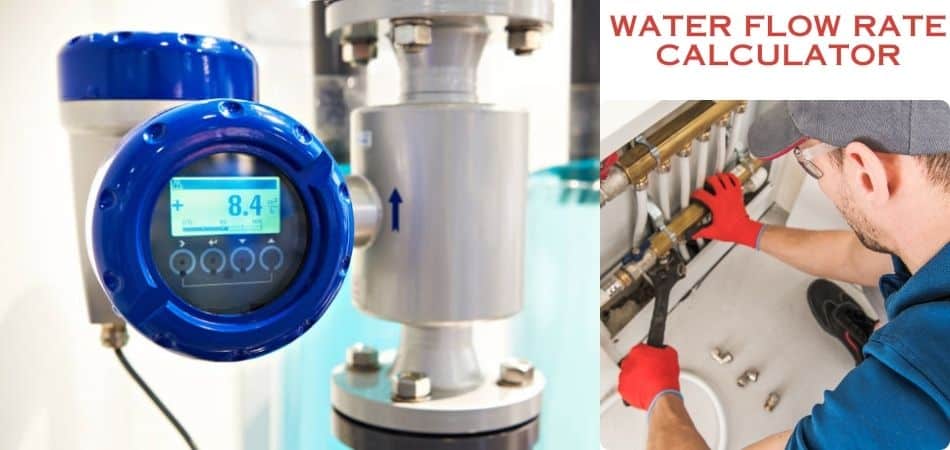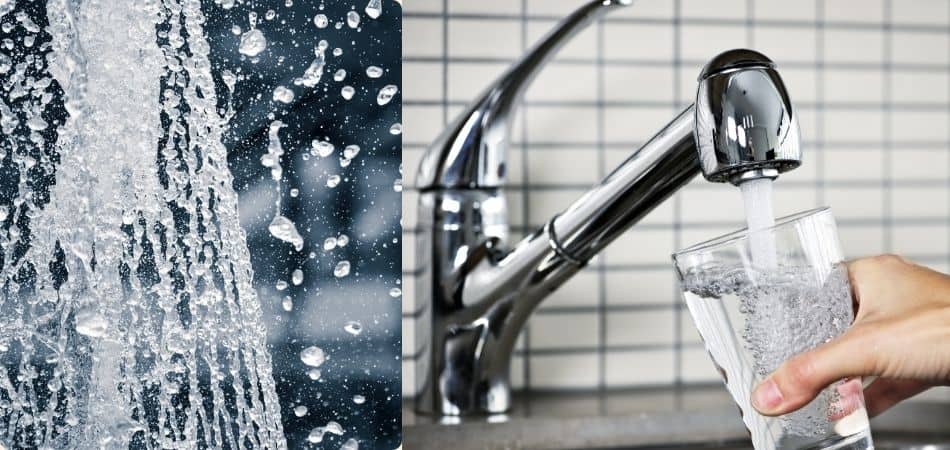The water flow rate at your home suggests how water moves through pipes and faucets. This rate is influenced by pipe diameter, valve present, and pressure. This measurement is typically computed in gallons per minute (GPM).
Water Flow Rate Calculator
Have you ever wondered about the rate of water flow? The water flow rate calculator helps to determine the accurate volume of water flowing through your plumbing system.
Velocity
As soon as an object moves within the pipes, the speed of water determines its velocity.
Flow Rate
Water flow rate is measured by the quantity of water passing through a faucet or showerhead over a specific time. Generally, GPM indicates the amount of gallons produced per minute.

Additionally, you can make informed decisions regarding water use and conservation by knowing the water glide price.
For example, a low glide rate may indicate plumbing problems or restrictions, while an excessive glide rate may indicate leaks or unnecessary consumption. Taking proactive measures to conserve water and keep cash in your application bills could be achieved by tracking your water glide price.
Water Flow Rate Calculator Chart
To compute the water flow rate within your residence, you’ll require the following details:
Known
- Diameter of the pipes in your house: the size of the pipes.
- Volume Flow Rate: How much water passes through the pipes in a given amount of time.
- Speed of water: how fast it moves.
Unknown
- The flow rate indicates how much water is coming out of the faucet.
- Flow rate (GPM): The volume of water that the unit produces per minute.
- Using a clean filter, pounds per square inch (PSI) is the amount of pressure the unit can produce.
Water Flow Rate Formula
The formula for calculating the flow rate involves multiplying velocity by area (0.785 multiplied by D^2).
How Many Gallons Per Minute Are Required For Your Household?
If you know how much water you’re using or whether there are any leaks in your pipes, you can figure out if you’re wasting water. In addition, it can save you money on water bills!
Next time you turn on the faucet, take a moment to notice how fast the water is flowing. Find out what you might be surprised to learn!
Do you want to reduce your water consumption? Calculate your water flow rate today and make your home more efficient! Save water and the cost. It’s a win-win situation!
The flow rate of water from your taps and showers is the amount of water that comes out, like how fast a bathtub fills up or how quickly a kitchen sink fills up. In general, GPM is used to describe this rate.

Why It Matters
Our flow rate using factors such as the efficiency of our plumbing system and any check valve manufacturers involved tells us if we have enough water to shower, wash dishes, or water the garden daily. A low flow rate will make these things take longer.
Tools and Terms
Our home water system is maintained using a variety of tools and parts. Water flow includes:
- PEX Tools: PEX pipes in our homes are handled with these unique tools.
- Float Valve: This valve controls the water level in a tank.
- Sump Pump Check Valve: The check valve prevents the recirculation of water.
- Yard Hydrant: This is like an outdoor faucet where you can use water from the outdoors.
- PTFETape: A type of tape that prevents leaks in pipes.
- Inches of Water Column to PSI: It is a way to measure water pressure by the inches of water columns converted to PSI.
- Psi to inches water: The PSI measurement unit is pounds per square inch.
How to Measure
Fill a bucket with water from your tap and indicate how long it will flow. Use a simple formula to calculate the GPM.

Boosting Your Home’s Flow Rate
If Your water flow rate is low, you can improve it by cleaning your pipes or using
a 7&9 PEX Crimp Tool to fix any PEX connections. A PVC ball valve or pitcher pump can also be helpful. Remember, A reasonable water flow rate makes daily water tasks easier and more efficient.
Our water should flow like a swift river, not a slow stream! If your flow rate is low, you might need some cool tools like PEX Clamps, Compression fittings, and pex plumbing fittings to get things flowing smoothly again. Ask a ball valve supplier to check the pipes and pex fittings.
Conclusion:
In conclusion, the water flow rate significantly affects our daily activities and the environment. As we gain a deeper understanding of this crucial factor, we can take proactive steps to conserve water, reduce our carbon footprint, and support sustainable practices. Consider the water flow rate next time you wash dishes or water your plants and its impact on your overall water management.

